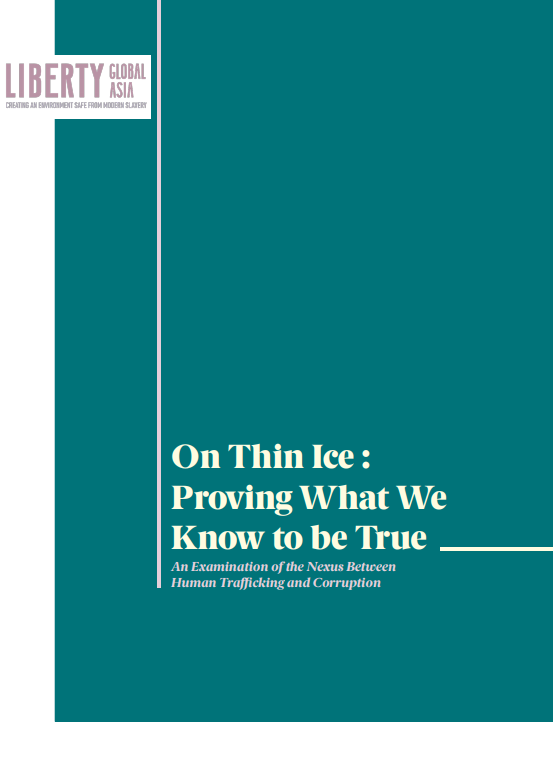Most in the anti-human trafficking and modern slavery community agree that trafficking activities are aided and facilitated by corruption. Yet research shows that the available data supporting this assumption is thin. More evidence is needed to better inform our understanding of the relationship between human trafficking and corruption, and to support the development of targeted policies and strategies.
The paper examines challenges of gathering information from victims of trafficking and from officials involved in corruption, risks for journalists, a lack of systematic data collection processes, and difficulties aggregating and harmonizing data across institutions and across countries.
The authors also consider what types of sources could prove most useful, recommending a research approach that expands the universe of data signals identified as proxies for corruption. Finally, they emphasize the need for cooperation in order to improve sharing and aggregation of data, and the importance of developing good governance that is supported by infrastructure and transparency.

